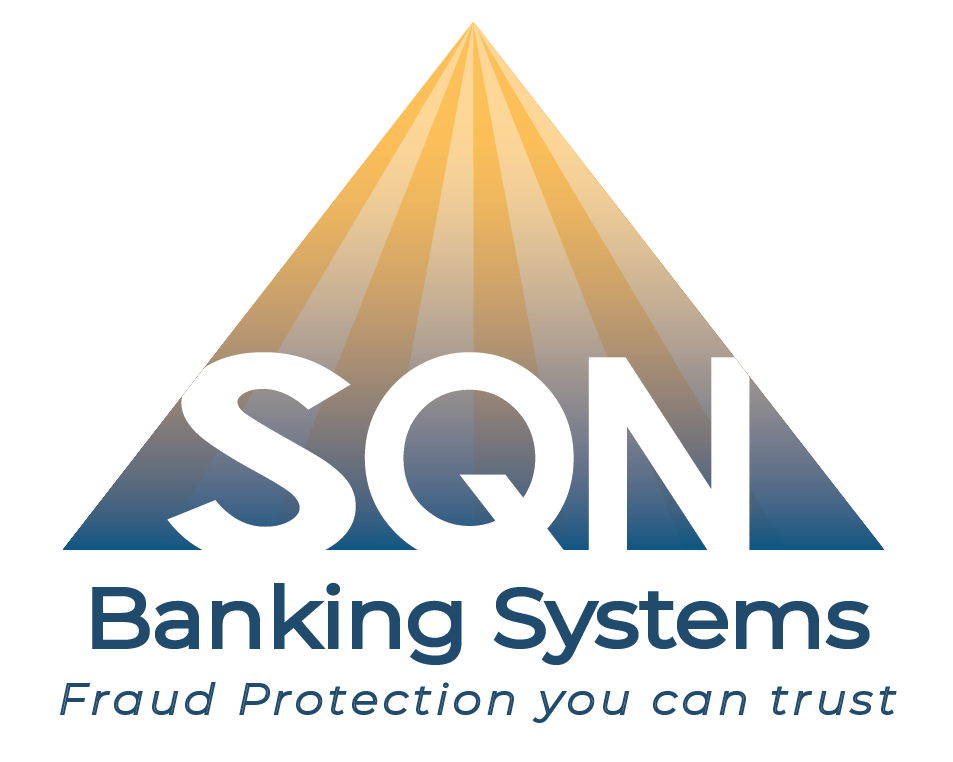9 Managed Fraud Service Features You Need

Fraud detection and prevention tools cannot always work on their own. To be as effective as possible, they need humans involved in the process. Humans review potentially fraudulent activities that have been flagged by the tools, and they make the final decision on whether to allow the transactions to move forward or not.
This reduces the risk of false positives for customers, but at the same time, it also improves the accuracy of the anti-fraud tool. Getting humans involved creates what’s called a supervised learning environment for AI-based anti-fraud tools. Although machines can learn in unsupervised environments, supervision can speed up the learning process — especially when you’re dealing with solutions designed to fight bank fraud.
Some financial institutions don’t have the ability to have a fraud management team in-house, and the majority of financial institutions don’t have the resources to have a team working 7/24/365. In these situations, you may want to turn to managed fraud services. Here are nine elements to consider as you look for a company to provide your financial institution with managed fraud services.
1. Support for cross-channel transactions
Fraudsters aren’t just targetting a single channel. They target payment cards, ATM transactions, and digital payments. They also steal identities or take over accounts by signing into banking apps or stealing login credentials for bank websites. That’s why cross-channel support is critical. Your managed fraud services partner needs to have eyes on all of these channels.
2. Constant monitoring
Criminals don’t keep bankers’ hours. They’re committing crimes every chance they can get, and when they’re based in other countries or if they’re just night owls, this often happens in the wee hours of the night. When looking for managed fraud services, make sure that you select a company that can provide you with 24/7/365 monitoring. Anything else is unacceptable.
3. Flexible schedules
You want managed fraud services to be available at all times, but you don’t necessarily need it at all times. In some cases, you may have an in-house team who can monitor transactions for fraud during the weekdays, but then, you may want to outsource your monitoring on evenings, weekends, and holidays. There is no reason to pay for something that you don’t need. Look for flexibility. You want a partner who can augment rather than replace your current fraud management team.
4. Six Sigma trained
Ideally, the people who are on your managed fraud services team should be Six Sigma trained. Six Sigma refers to a set of techniques that improve processes. When your fraud management team has this designation, they know how to use statistics and analyze data to improve their ability to detect
fraud and reduce the risk of errors.
5. Compliant with industry and legal requirements
In addition to Six Sigma, look at the other certifications that your fraud management team has. You need to ensure that they can help you stay compliant with all of the industry and statutory requirements that you need to abide by when you’re in the banking industry. For instance, you may want to look for professionals who are PCI DSS V3.1 certified and SSAE 16 assessed. Or you may want them to understand and adhere to certain policies such as the Data Protection Act in the United Kingdom.
6. Remote data access
Ideally, you don’t want your customers’ data to leave your servers. Similarly, in situations where you’re using cloud-based servers, you want your customers’ data to stay on the servers of the provider you have selected. To ensure that’s possible, your managed services team needs to access your data remotely.
You also need to ensure that they do so securely. You certainly don’t want to be monitoring for fraud in a way that increases your risk of a cyber attack. As a banking professional, you need to be aware of both of these risks.
7. Experienced
Of course, you want a fraud team that is experienced. They should have extensive experience in the banking or financial services industry. They should also be experienced with fraud protection in particular. Just as you would vet someone before hiring them in-house, you also need to vet your outsourced anti-fraud team.
8. System optimization
In addition to helping you detect and prevent fraud, your managed fraud services partner should also help you use your fraud prevention tools. They should help you optimize your system. If issues occur, they should be able to get you back up as quickly as possible with as little risk exposure as possible.
9. Predictable pricing
One of the advantages of managed services should be that the pricing is predictable. Your managed services partner should be able to tell you an upfront monthly fee, and they should be able to outline any issues that may increase your costs. Then, you can build your fraud management costs into your budget.
At SQN Banking Systems, we provide managed fraud services as well as extensive fraud detection and prevention tools and solutions. We can help you select the best anti-fraud tools for your bank, and we can help you manage your fraud services. Ready to learn more about managed fraud service? Then, contact us today.
